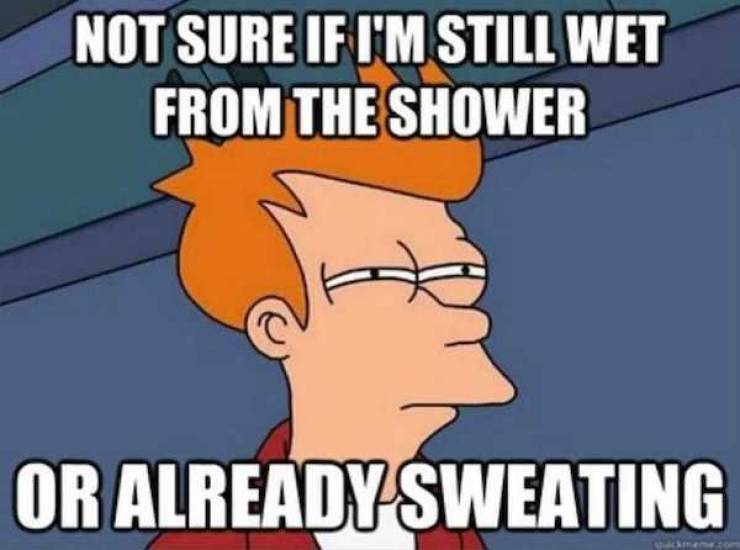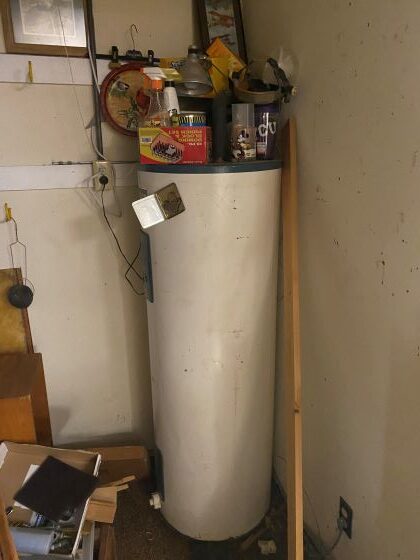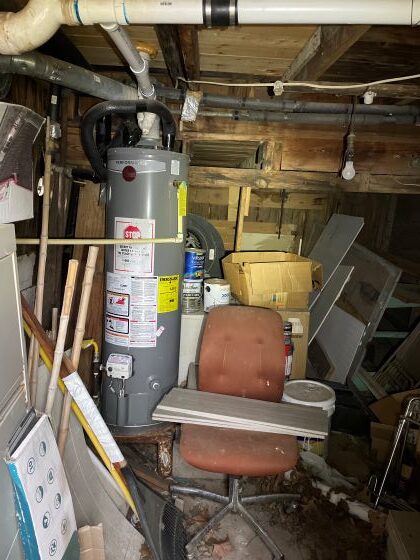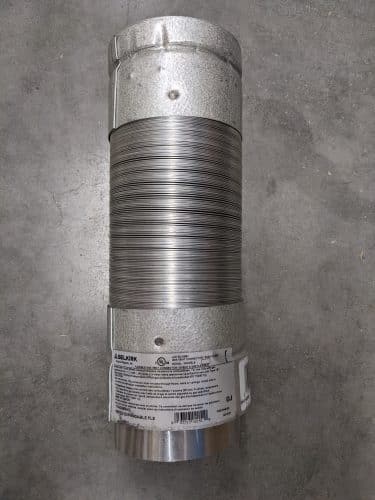
As the temperature rises, you may not be too worried about your water heater, but you’d be wrong.
In fact, water heaters problems are one of the most common plumbing repairs during the summer months. There are two factors contributing to this. Your water heater is almost always located in an unconditioned space in your house (attic, closet, garage). So you have an appliance generating hot water in extremely hot temperatures. That alone causes stress on the system, which can lead to cracks in the tank, pipes, or other parts.
Second, it’s hotter than heck outside, and a lot of us are showering more than usual because … I don’t need to explain why.

But heavy hot water usage during the summer, especially when the water heater itself may be overheated, could cause it to fail unexpectedly.
“How can I avoid such summer water heater problems?” you ask? Upon Closer Inspection, we’ve come up with a few ways. (See what I did there? 🔎)
Check the TPR Valve
The TPR valve (temperature & pressure relief) is a safety device that automatically releases water if the “T” or “P” gets too high. In the video, you can see that the TPR discharge pipe is disconnected. If the temperature or pressure gets too high on this water heater, scalding hot water will shoot out of that pipe all over the closet. It’s a good idea to take a look at your water heater now and then to make sure everything looks and sounds good anyway. Check all the connections to make sure everything is nice and tight, and there are no gas leaks.
While you’re at it, change the temperature on your water heater for summer. This is a simple way to save on your summer energy bills. When the temperature rises, that unconditioned space your water heater lives in is doing some of the work for you, so you can adjust the temperature to let your water heater know it doesn’t have to keep running. The recommended temperature is 110-120 degrees during the summer months.
Insulate Your Water Heater


Before you can insulate your water heater, you must first de-clutter your water heater. Two good rules of thumb: your water heater should not double as a shelf (left). You should be able to find your water heater and get to it. On foot (right).
Remember the unconditioned space your water heater is sitting in all summer? Insulating the water heater during summer may seem counterintuitive, but if you have an older unit, it’s probably emitting a fair amount of heat into an already hot space. Insulating it will make the water heater more energy efficient, and generate less heat in the attic or closet. If the tank is warm to the touch, purchase an insulation blanket to wrap around the tank. There are insulation kits, or you can get an insulated blanket and make your own cuts for pipes and valves. DO NOT insulate the top of a gas water heater, or cover the TPR valve. You should also insulate the cold water pipes, which will help keep your cold water colder during the hot summer.
Don’t DIY Plumbing
When I saw this video, I said, “Did they just get a dryer vent and use it for a gas flue?” That’s what it looks like, right? It does, but that’s not what’s wrong here. It’s actually fine to use this type of flex duct for the gas flue vent, as long as it’s installed properly. You have to have a rigid B-type transition piece at both ends like you see in the image below. The one in the video is missing the rigid connector at the ceiling, and the flex duct goes through the ceiling, and continues into the attic. So that flexible, collapsible tube carrying gas fumes has been plastered, squeezed through the ceiling, and then (not pictured) covered in spray foam, where it emerges again to pass through electrical wiring and HVAC equipment on its way to the roof. Can you see the potential problems?
We highly recommend having a licensed plumber install your water heater. We know you like to help out. But there are some dangerous bits on there that you need to be super sure you get right.

While your water heater may not be the first thing you think about when you think about summer, it will be if it quits working. If you are concerned about your water heater, or any other ways you can make your home ready for summer, you can ask a home inspector anytime with a seasonal home inspection.





